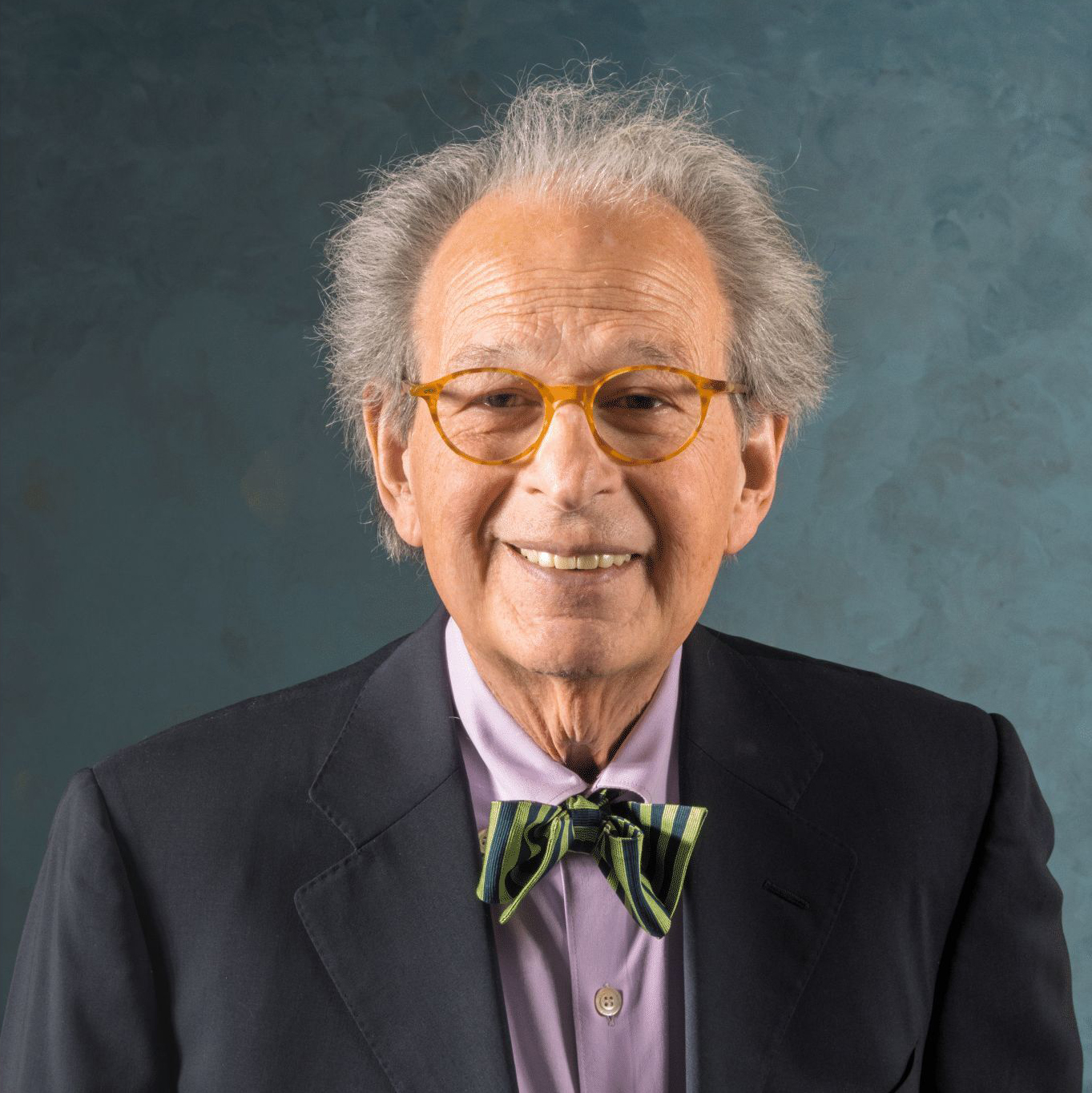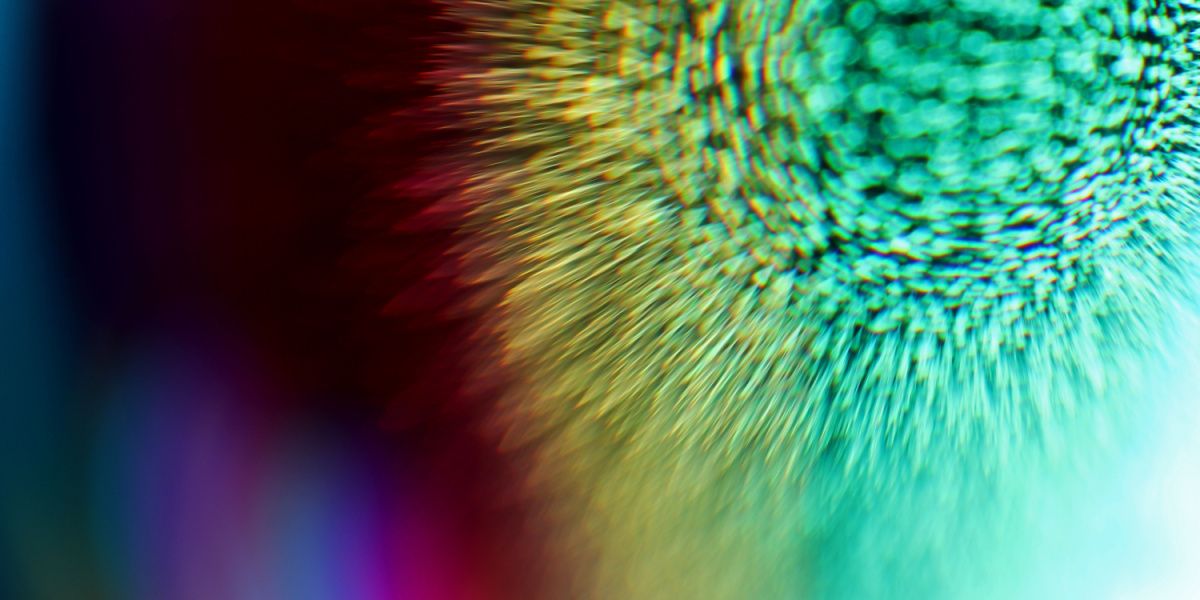The powerful but brief psychedelic effects of DMT are being explored by drug developers as a novel treatment for a range of mental health conditions, from depression to addiction. Early studies are promising, but DMT therapy is not yet FDA-approved and the drug itself remains illegal. Recovered spoke with renowned psychologist and author Dr. Philip Gold to find out how DMT interacts with the brain and how it can be potentially used to treat mental health conditions.
- DMT is thought to be particularly helpful for internalizing disorders, such as depression, addiction, and PTSD, in which negative thought patterns are inscribed again and again.
- DMT can be studied by researchers, subject to the authorization of the Food and Drug Administration (FDA) and Drug Enforcement Administration (DEA) but cannot be legally used for treatment outside of approved clinical trials.
- Many patients find that DMT helps them break engrained thought patterns and see a situation from a new perspective, one they may have struggled to reach with talk therapy alone.
.jpg?v=1722502786)
What is DMT-assisted therapy?
In DMT (N, N-dimethyltryptamine)-assisted therapy, the psychedelic experience is bracketed with psychotherapy, which helps patients to interpret and internalize their voyage.
DMT is administered to the patient, often via a vape pen, in a comfortable environment and under the supervision of the therapist. The advantage that DMT has over other psychedelic hallucinogens being studied for therapeutic purposes is the brevity of the experience: usually under 30 minutes, compared to the four to 12-hour effects of psilocybin and LSD.
DMT is thought to be particularly helpful for internalizing disorders, such as depression, addiction, and PTSD, in which negative thought patterns are inscribed again and again.
Traditional antidepressants work by increasing endogenous (the brain’s own) serotonin, based on a now-discredited theory that low serotonin undergirds depression.[1] More recent research suggests that depression is partly sustained by rumination, evidenced in hyperactivity of the brain’s default mode network. DMT, which resembles serotonin, can stimulate receptors that increase the brain’s plasticity.[2] It induces disorder in the brain, disrupting old neural networks and providing a chance for them to be reformed in a new way. This increases the effectiveness of psychotherapy.[3]
Why is it becoming popular?
Research into DMT therapy comes amid a re-evaluation of psychedelics, decades after strict drug laws tied the hands of scientists. It also emerges from frustration by doctors and patients about the limited efficacy of existing treatments for mental health conditions, including conventional antidepressants.
Dr. Philip Gold, one of the world's leading researchers of depressive illnesses and author of Breaking Through Depression: A Guide to the Next Generation of Promising Research and Revolutionary New Treatments had this to say;

Medical advisor
M.D.
What therapy is involved in DMT-assisted therapy?
In studies, clinicians haven’t merely given patients DMT and hoped they have a positive experience. Rather DMT is used to enhance the effectiveness of psychotherapy, valued for its ability to dissolve and reform neural connections and thought patterns, which is ultimately the aim of CBT and other forms of talk therapy.
First, the therapist establishes a trusting relationship with the patient and helps them set intentions for their psychedelic experience. Intentions could include: “I want to process this traumatic experience” or “Help me stop drinking.” These goals can anchor the person as they embark on a destabilizing psychedelic experience.[6]
The therapist supervises the patient during the DMT experience itself, acting as a reassuring guide and reducing the likelihood of a "bad trip."
Afterward, the therapist discusses the DMT experience with the patient, helping them interpret what they felt and saw, identify fresh insights, and solidify new thought patterns.[7]
Read here to learn more about how long DMT stays in your system.
Is DMT-assisted therapy legal?
DMT remains a Schedule I controlled substance in the US. It can be studied by researchers, subject to the authorization of the Food and Drug Administration (FDA) and Drug Enforcement Administration (DEA) but cannot be legally used for treatment outside of approved clinical trials.

Medical advisor
M.D.
So far the FDA has approved just one psychedelic treatment for mental health conditions: a nasal spray of esketamine, a derivative of ketamine, for major depressive disorder.[4] Ketamine itself, as a widely used anesthetic, can be legally prescribed off-label for mood disorders.[5] Read here to learn more about ketamine as a treatment for depression.
Interest in psychedelic therapy is so high that some desperate patients have turned to self-medication. Some report that hallucinogens have radically shifted their perspective and alleviated their symptoms. However, doctors highlight the hazards of self-medication, including the risk of the drug being impure and difficulty with accurate dosing.
Related blog: Australia To Allow Psychedelics For Treatment-Resistant Mental Illness
How do patients react to DMT?
DMT induces intense, visually immersive, but short-lived hallucinations. Users often interpret these as near-death experiences or voyages to another plane of existence. Often, they feel guided through this realm by a benevolent and intelligent “entity.”
For a minority of people, these hallucinations are intensely frightening. However, the risk of a “bad trip” can be reduced by administering the drug in a comfortable, sensitively designed environment, often featuring a couch, music, and neutral colors.[8]
Many patients find that DMT helps them break engrained thought patterns and see a situation from a new perspective, one they may have struggled to reach with talk therapy alone. It can make them more receptive to therapy and make therapy’s thought restructuring more successful.
Related blog: Psychedelic Compound DMT Increases Connectivity In The Brain, Scans Reveal
Preliminary research into DMT by drug developer Small Pharma has shown that DMT is well-tolerated by patients, with no serious adverse events reported to date and no increase in anxiety and well-being in the three months following treatment.[9]
DMT art
Research into psychedelic-assisted therapy suggests that patients derive greater benefit if they can integrate the insights, emotions, and memories of the experience into their lives and therapy sessions going forward. Art can help patients make sense of what they saw and felt on DMT and access those insights later.[10]
What other hallucinogens are used in therapy?
DMT isn’t the only hallucinogenic drug being investigated for its therapeutic potential. Research is ongoing into psilocybin (magic mushrooms), LSD, ketamine, MDMA, and 5-MeO DMT, an analog of DMT popularly known as “the toad".
Studies suggest psychedelic treatment can alleviate symptoms of depression, addiction, anxiety disorders, PTSD, and OCD. Esketamine is the only FDA-approved treatment so far, although MDMA is reportedly on the cusp of being approved to treat PTSD.[11]




